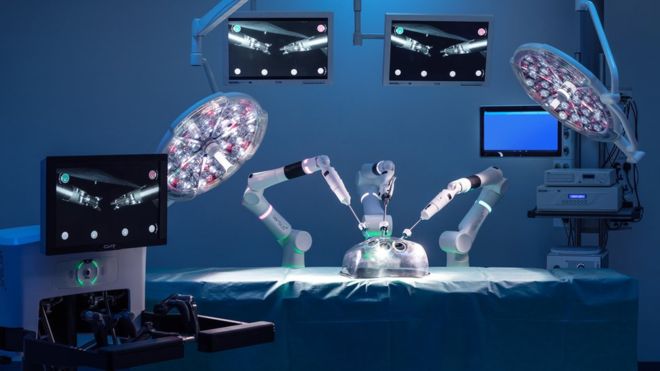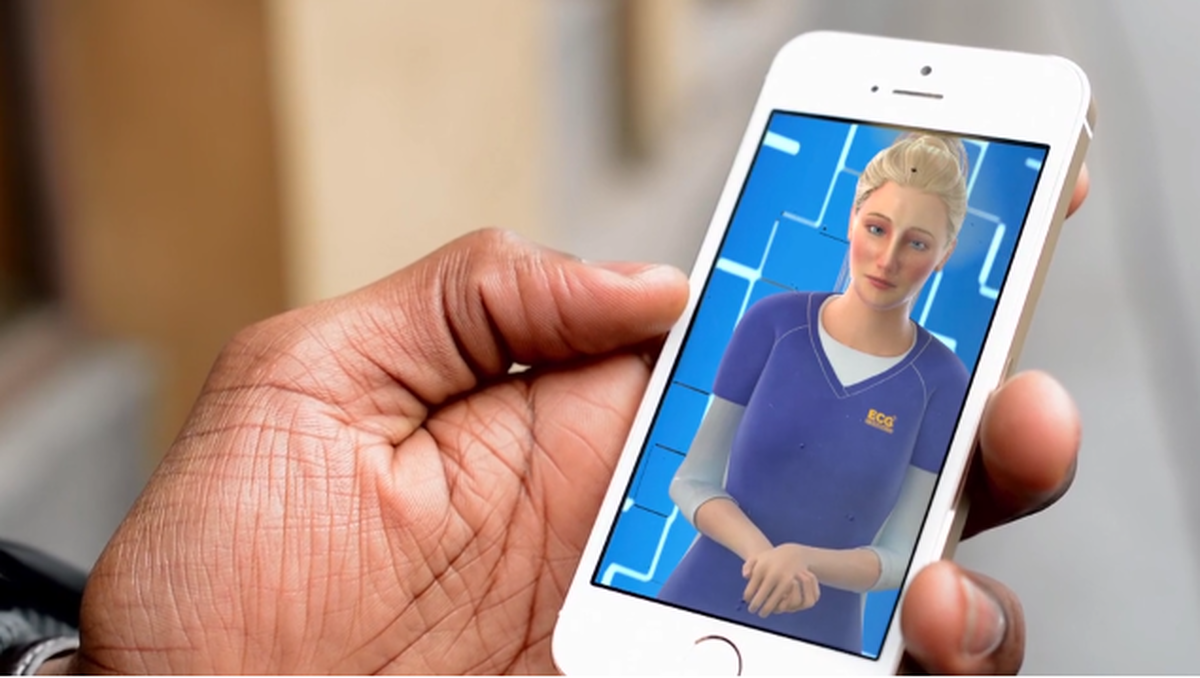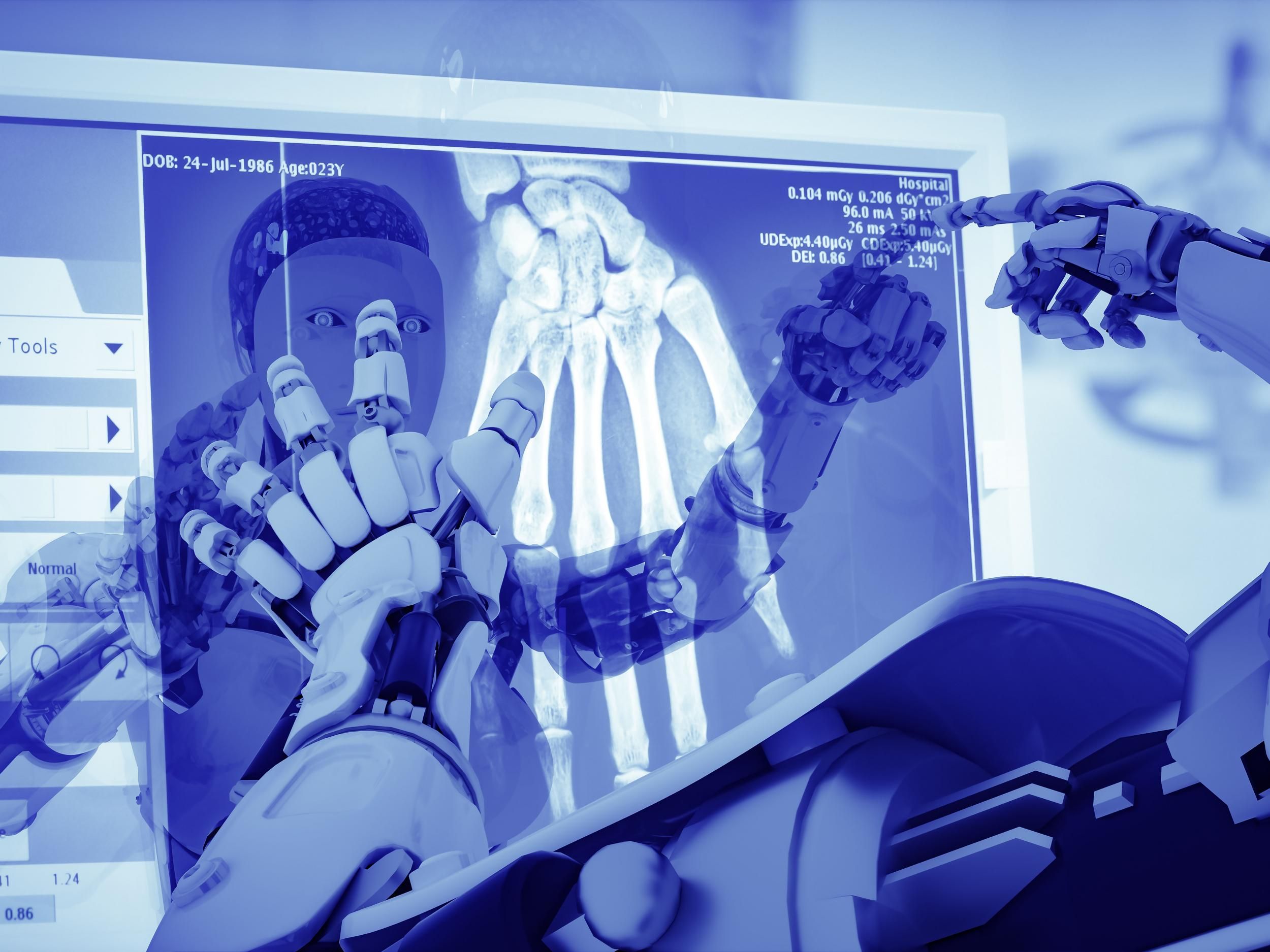
- Date: Aug 04, 2020
- Category:
The healthcare industry is increasing rapidly for some significant causes. There is an endless list of opportunities to leverage technology to deploy more efficient and impactful interventions at the right time in a patient’s care from acute diseases and cancer to radiology and risk management.
Patients demand more from the healthcare professionals with every increase in the payment structure. The quantity of available data continues to increase at a staggering rate, and artificial intelligence is the driving force that fuels improvements across the healthcare sector.
AI offers a variety of benefits over traditional analytics and clinical decision-making practices. Learning AI can become more precise and accurate with time as they interact with humans to gain engagement in diagnostics, care processes, treatment variability, and patient outcomes.
Therefore, there is nothing more potent than AI in making the medical industry the epitome of progress and advancement. It is expected that by 2025, artificial intelligence usage in healthcare will represent a $34 billion market.
The rapid growth of artificial intelligence in the healthcare sector is due to the plenty of benefits AI provides to the care providers and their patients. AI can self-learn and rewrite their algorithms. It can also predict outcomes. These skills of AI add up to a technology that will evolve and transform an entire healthcare industry.
The Impact of AI in the Healthcare Industry
The medical industry uses AI for hundreds of applications, if not more. Let us pick the top six AI applications and analyze how it will impact the healthcare industry in the future.
AI-Assisted Surgeries
Surgical robots have been existing for nearly thirty years. The Westinghouse PUMA 2000 was used to put a needle during a CT-guided brain biopsy. From then onwards, robots have worked hand-in-hand with the surgeons. They have served as their remote arms from halfway around the world via telesurgery.
AI Empowers Surgical Robots
Earlier in the medical practice, robots would be used as surgical tools guided by the surgeon. However, now AI has changed the surgical robot from just a human-made device to an active partner in the surgical treatment. The AI robot brings along various benefits, such as:
- It reduces micro-trimmers that are present in surgeons’ hands
- It helps in removing variations in surgical procedures that occur from one surgeon to another
- It provides more positive patient results than ever
- AI collects data from each surgery and aims to improve future procedures
Virtual Nursing Assistants
AI works like a bedside nurse too. It offers care providers a way to add a new method of care and monitoring to the treatment they offer their patients. Virtual nursing assistants are intelligent Chatbots, powered by AI, and aimed entirely on providing support to medical patients. There are various advantages of AI or Virtual nursing assistants:
- They can leverage patient care outside the boundaries of the clinical setting
- AI provides an improved patient experience
- It monitors patients to ensure they are following prescribed instructions
- AI improves quality and spikes medical results
 AI-Assisted Diagnoses
AI-Assisted Diagnoses
AI offers assistance for improved medical diagnoses. AI algorithms have been proven to be better than doctors in terms of speed and accuracy at which they can diagnose disease in a patient. AI-assisted diagnosis offers a bunch of benefits, such as:
- AI offers improved speed and accuracy in general disease diagnosis
- It can offer diagnostic centers to remote areas, also where there’s a shortage of doctors
- It increases pathological results based on AI analysis of tissue
- AI reduces massive costs for diagnostic procedures
Medical Image Analysis
AI’s power to process images and analyze the prevailing issue and can save lives for thousands. With the help of cloud computing and deep learning, AI-based medical image analysis platforms are now a reality. Arterys is one such platform that gives doctors powerful tools for analyzing medical images. The benefits of AI medical image analysis are mentioned below:
- It provides enhanced 2D and 3D images for valuable information such as the heart, liver, lungs, and other organs
- Deep learning software eradicates the time required to complete medical imaging procedures
- A cloud-based computing system allows different AI software to analyze the same medical images for more precise diagnoses
- Automated workflows lessen the chances of error and improve efficiency
Automated Workflow Assistance
Healthcare industry process more information than any industry as a whole. Storing reports, test results, drug prescriptions, medical images, and insurance information, patient details are essential elements that run errands of the healthcare sector. A healthcare space must be focused on providing efficiency before accuracy. Data must go from the source to the proper destination without any hassle.
Workflow management of a large clinical environment is one of the significant challenges the medical field faces. However, AI aims to resolve the issue with the help of automated workflow management. AI-based workflow software provides an endless list of benefits:
- It understands the clinical documents and fills them according to their respective purposes
- It uses automation to schedule tasks such as patient appointments
- It monitors the efficiency of staff and in-office processes
- With the use of predictive analysis, it forecast workflow management
- Although AI automation does not replace the employees like receptionist, secretary, or office administrator, it makes their jobs easier
Concluding Note:
We have analyzed some of the impacts of artificial intelligence on the healthcare industry. Each impact represents its benefits to the patient as well as the healthcare professionals. It also displays an opportunity for marketers to make a way in the healthcare market. Although developing AI advancements for the medical field requires unique expertise. Therefore, it is essential to realize the benefits of artificial intelligence and embrace it just as the medical field has done so far.



 AI-Assisted Diagnoses
AI-Assisted Diagnoses

